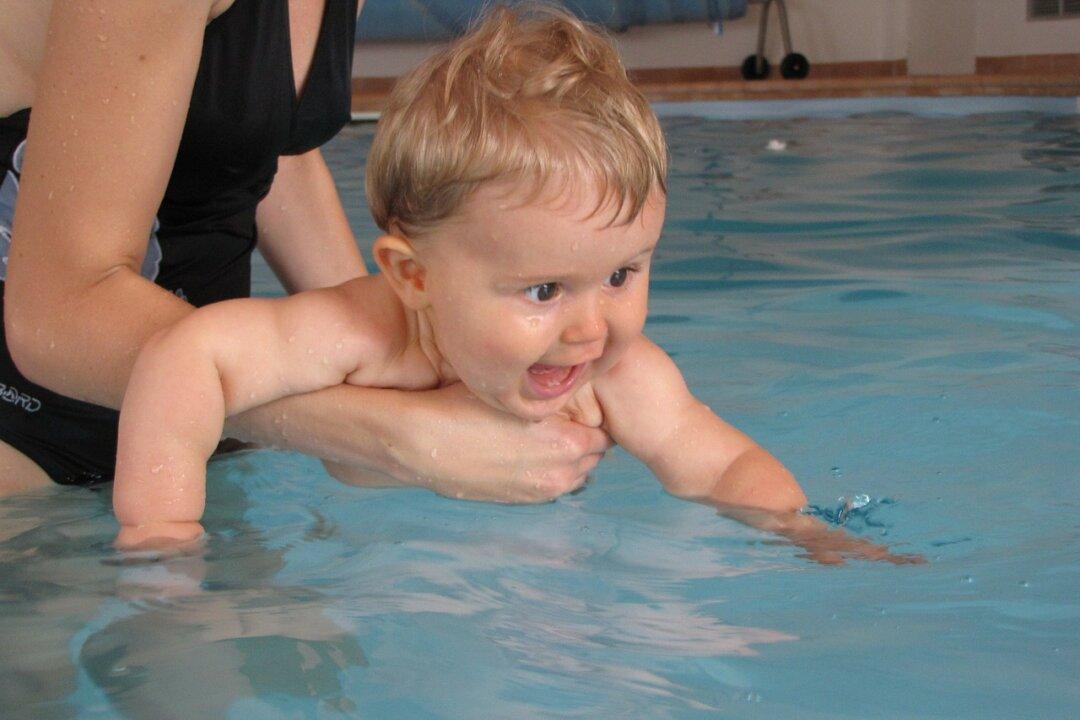Commentary
All parents need to learn a degree of equanimity, a kind of peace with the way things are and what we can and cannot do about it.

All parents need to learn a degree of equanimity, a kind of peace with the way things are and what we can and cannot do about it.